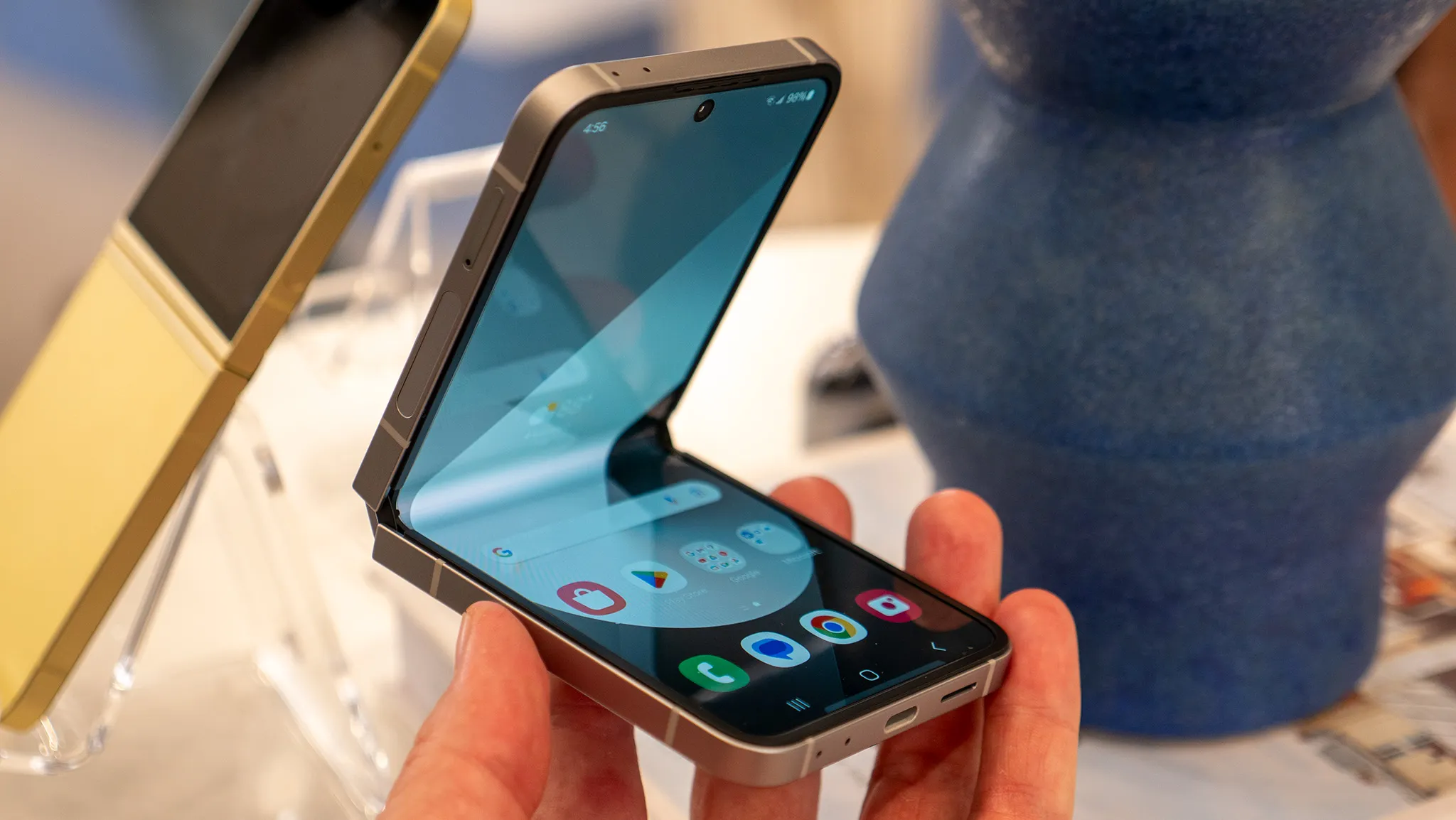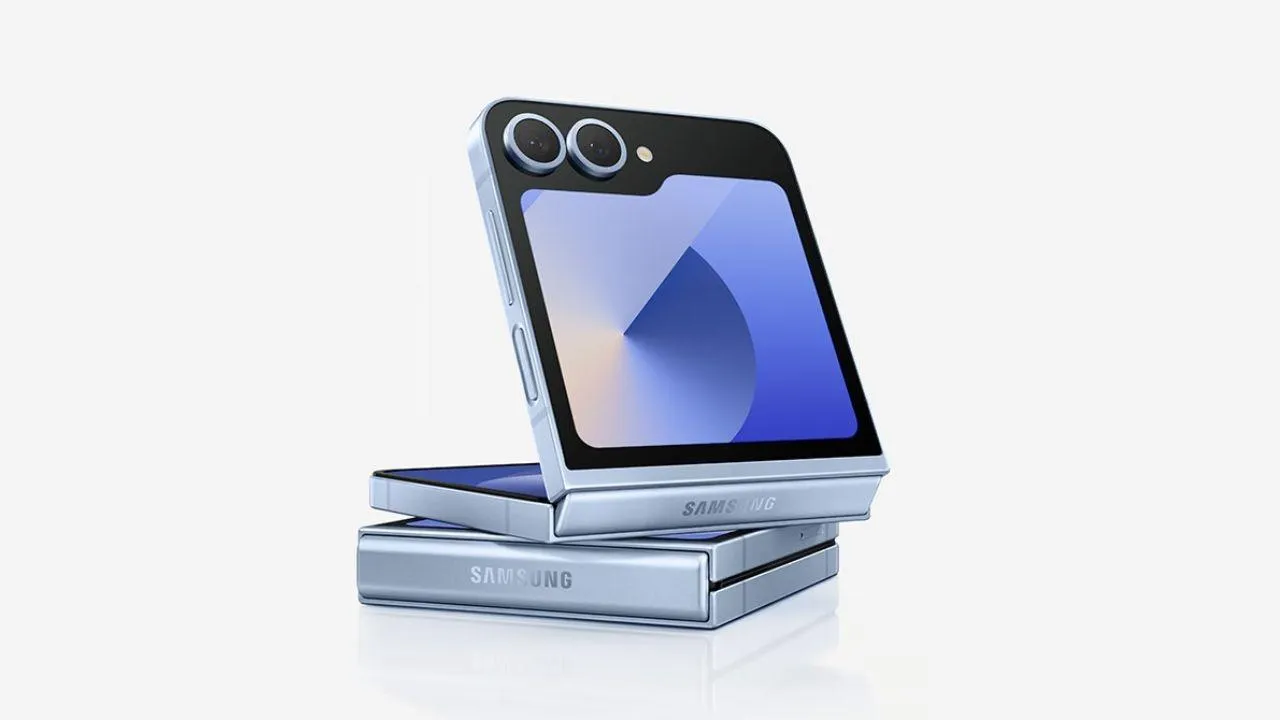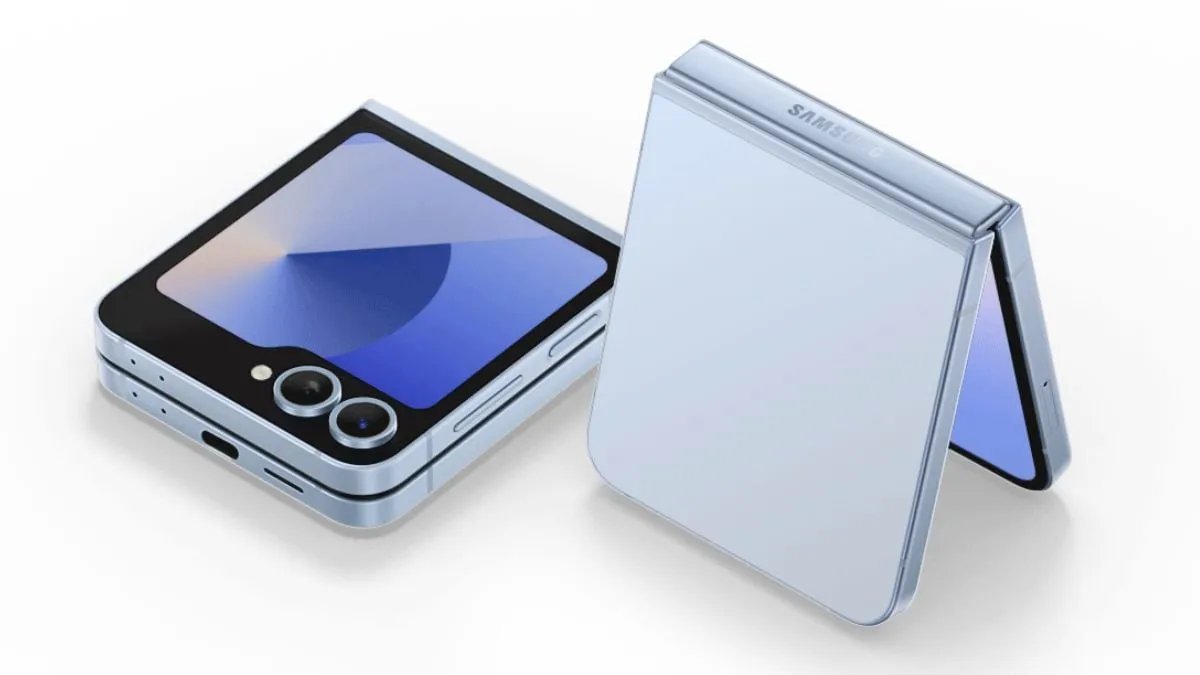The tech giant Samsung, known for its pioneering foldable smartphones, is potentially taking a controversial step with its upcoming Galaxy Z Flip 7. A recent surge in leaks and rumors suggests that the much-anticipated successor to the Galaxy Z Flip 6 might not retain its expected Snapdragon heart. Instead, Samsung may opt for the Exynos 2500 chipset, a decision that could have significant repercussions for the brand and its consumers.

The Snapdragon Legacy and the Exynos Gambit
Traditionally, Samsung’s foldables have boasted Snapdragon chipsets, exemplified by the Galaxy Z Flip 6’s performance. The expectation was set for the Galaxy Z Flip 7 to follow in these footsteps, especially with Samsung’s other flagship, the Galaxy S25, going Snapdragon-only. This made the choice seem all but confirmed. However, the narrative took an unexpected turn with reports indicating that due to production challenges at Samsung Foundry, the company might pivot to the Exynos 2500 for its next foldable iteration.
Production Woes and Strategic Shifts
Initially developed for the Galaxy S25 lineup, the Exynos 2500 faced production bottlenecks due to lower than expected yields from the new 3nm process. This situation forced Samsung to reserve the more expensive Snapdragon 8 Elite chips for the premium models of the S25 series. Recent improvements in yields have reportedly stabilized the production, making the Exynos 2500 a viable option for the Galaxy Z Flip 7 and possibly the new Galaxy Z Flip FE, which aims to offer a more budget-friendly option in the clamshell category.

Customer Perceptions and Market Implications
The shift to Exynos could be perceived negatively by consumers, especially if the new chipset doesn’t perform on par with the Snapdragon 8 Elite, which will already be powering several other flagship devices by the time the Galaxy Z Flip 7 hits the market. Qualcomm’s chipset is renowned for its superior performance, and any shortcomings in the Exynos 2500, particularly regarding thermal management and battery efficiency, could lead to customer dissatisfaction.
An unnamed senior Samsung official, quoted in a South Korean report, highlighted that while the Exynos 2500 will not feature in the Galaxy S25 series due this month, it is slated for the Z Flip 7. This strategic pivot might be Samsung’s way of managing costs across its portfolio, but it risks alienating a segment of its user base who expect uncompromised quality and performance, especially in a high-stakes market like foldable phones.

The Road Ahead for Samsung’s Foldables
As Samsung prepares to launch its next-generation foldables in the second half of the next year, the company faces a critical balancing act. It must manage production capabilities, cost considerations, and customer expectations. The decision to equip the Galaxy Z Flip 7 with the Exynos 2500 could be a defining moment for Samsung’s foldable future, highlighting its commitment to self-reliance and innovation in chip technology, but also testing the loyalty and satisfaction of its customers.










